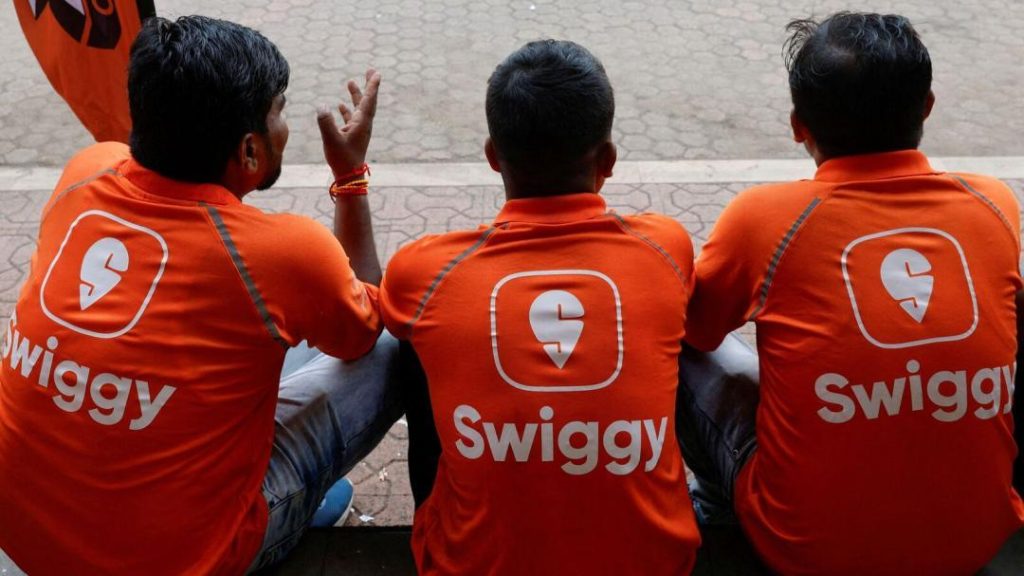
Swiggy faces ₹158 crore tax demand over cancellation fees
In a significant development, food delivery giant Swiggy has been slapped with a whopping ₹158 crore tax demand for the financial year 2021-22. The demand, issued by the Income Tax Department, stems from alleged violations related to cancellation charges paid to merchants. Swiggy, however, plans to appeal against the demand, claiming that it arises from a misunderstanding of tax provisions.
As per reports, the tax demand is related to the cancellation fees charged by Swiggy to its merchants for failing to fulfill orders. The company had deducted these fees from the earnings of its merchants and paid them to the government as tax. However, it appears that the Income Tax Department has taken a different view of this arrangement, demanding that Swiggy pay taxes on the entire amount collected as cancellation fees.
Swiggy, in its defense, has argued that the cancellation fees were not taxable, as they were merely a pass-through to the merchants. The company claims that it was merely acting as an agent for its merchants, and the cancellation fees were a means of recouping losses incurred by them. However, the Income Tax Department has disagreed with this interpretation, demanding that Swiggy pay taxes on the entire amount collected.
This development has significant implications for the digital economy, particularly for companies that operate on a similar business model to Swiggy. The case may set a precedent for how cancellation fees are taxed in the industry, and could have far-reaching consequences for the way companies structure their payment arrangements with merchants.
Experts have weighed in on the matter, suggesting that the case highlights the need for clarity on tax provisions related to digital transactions. “The tax laws in India are still evolving, and there is a need for greater clarity on how digital transactions should be taxed,” said Harpreet Singh, a tax expert with a leading accounting firm. “This case highlights the challenges faced by companies operating in the digital economy, and underscores the importance of seeking professional advice to minimize tax liabilities.”
The demand has also raised questions about the tax compliance of Swiggy and its merchants. While Swiggy claims that it has always been transparent about its tax obligations, the demand suggests that there may be some room for improvement. “Swiggy has always been committed to complying with all applicable laws and regulations, including tax laws,” said a company spokesperson. “We believe that this demand is a misunderstanding of tax provisions, and we plan to appeal against it.”
The demand is not the only tax-related issue faced by Swiggy in recent times. In 2020, the company was embroiled in a controversy over its alleged failure to deduct and pay taxes on behalf of its merchants. The company was accused of deducting taxes from merchant earnings but failing to pay them to the government. Swiggy denied the allegations, but the controversy highlighted the importance of tax compliance in the digital economy.
In conclusion, the ₹158 crore tax demand faced by Swiggy over cancellation fees is a significant development that has far-reaching implications for the digital economy. While the company plans to appeal against the demand, the case highlights the need for greater clarity on tax provisions related to digital transactions. As the digital economy continues to evolve, it is essential that companies like Swiggy prioritize tax compliance and seek professional advice to minimize tax liabilities.
Source: https://ascendants.in/industry_events/swiggy-rs-158-crore-tax-demand/






